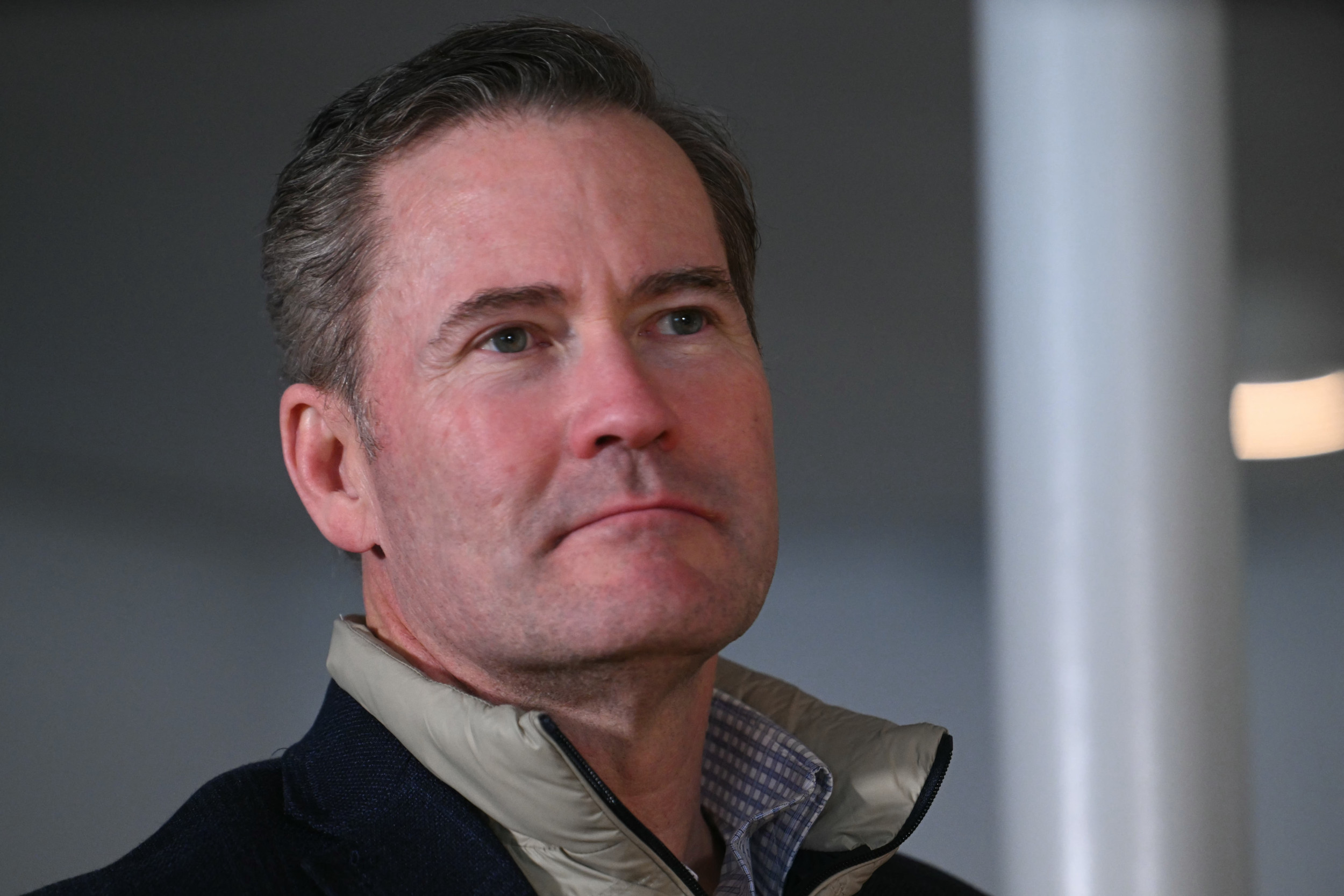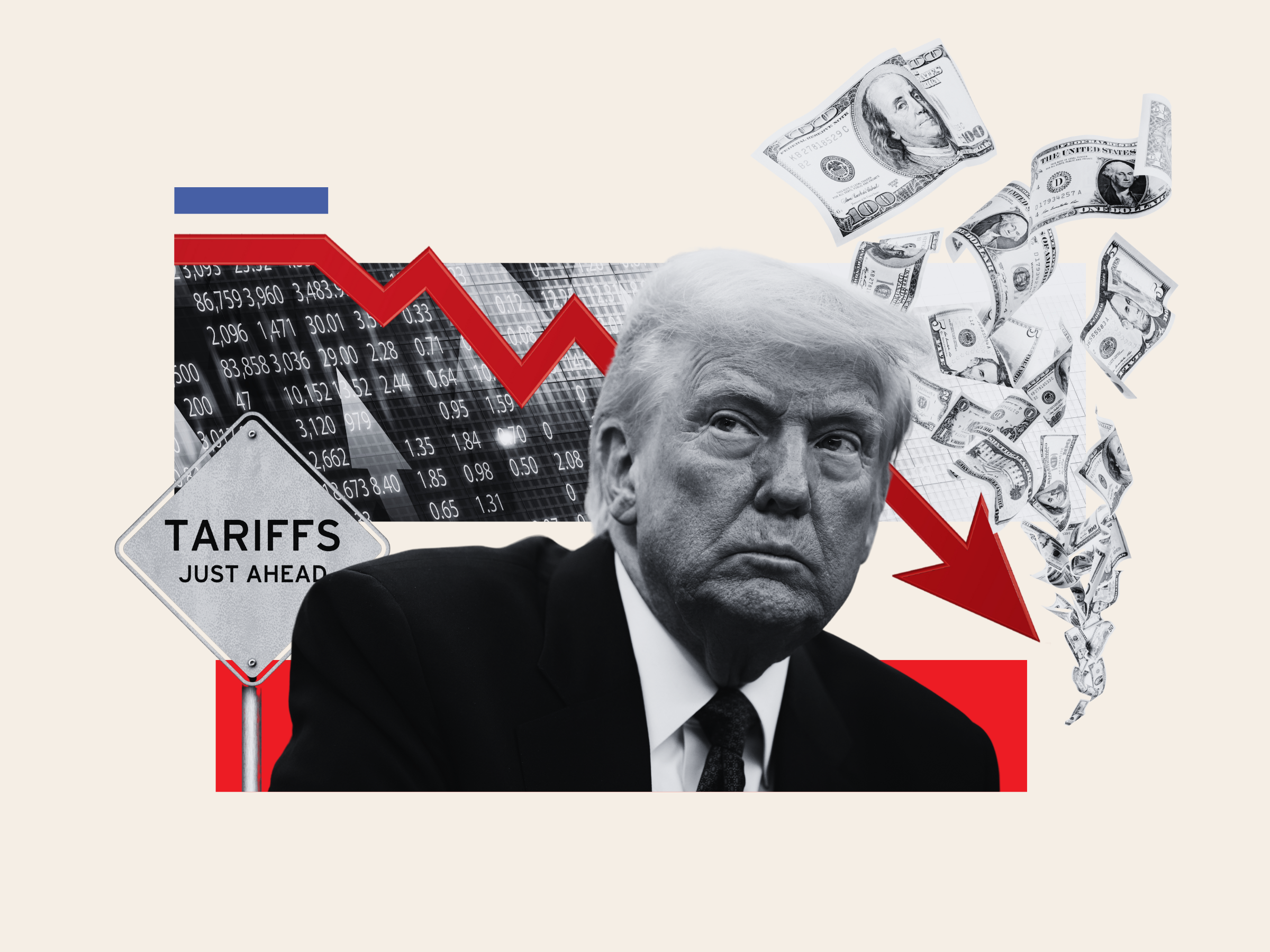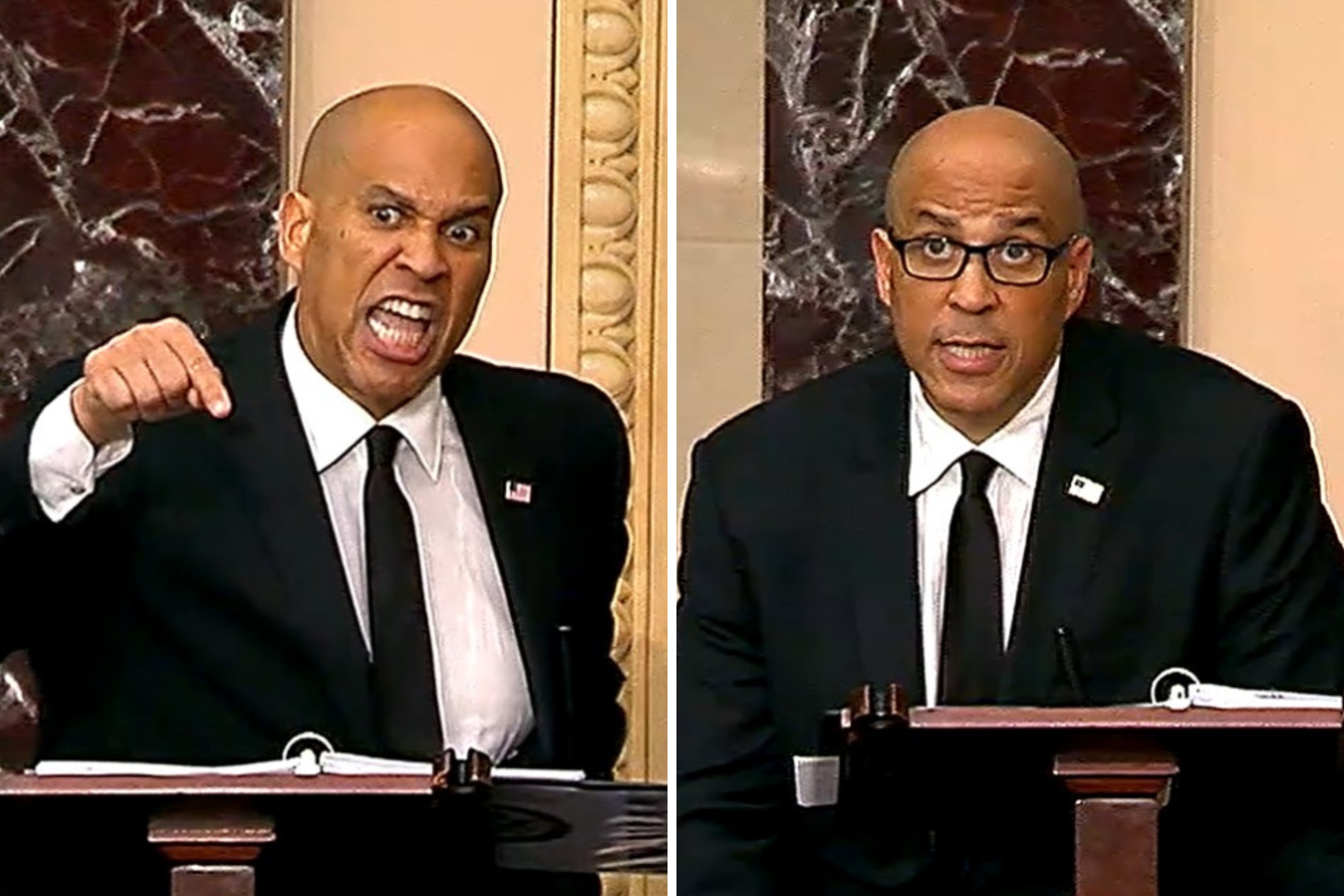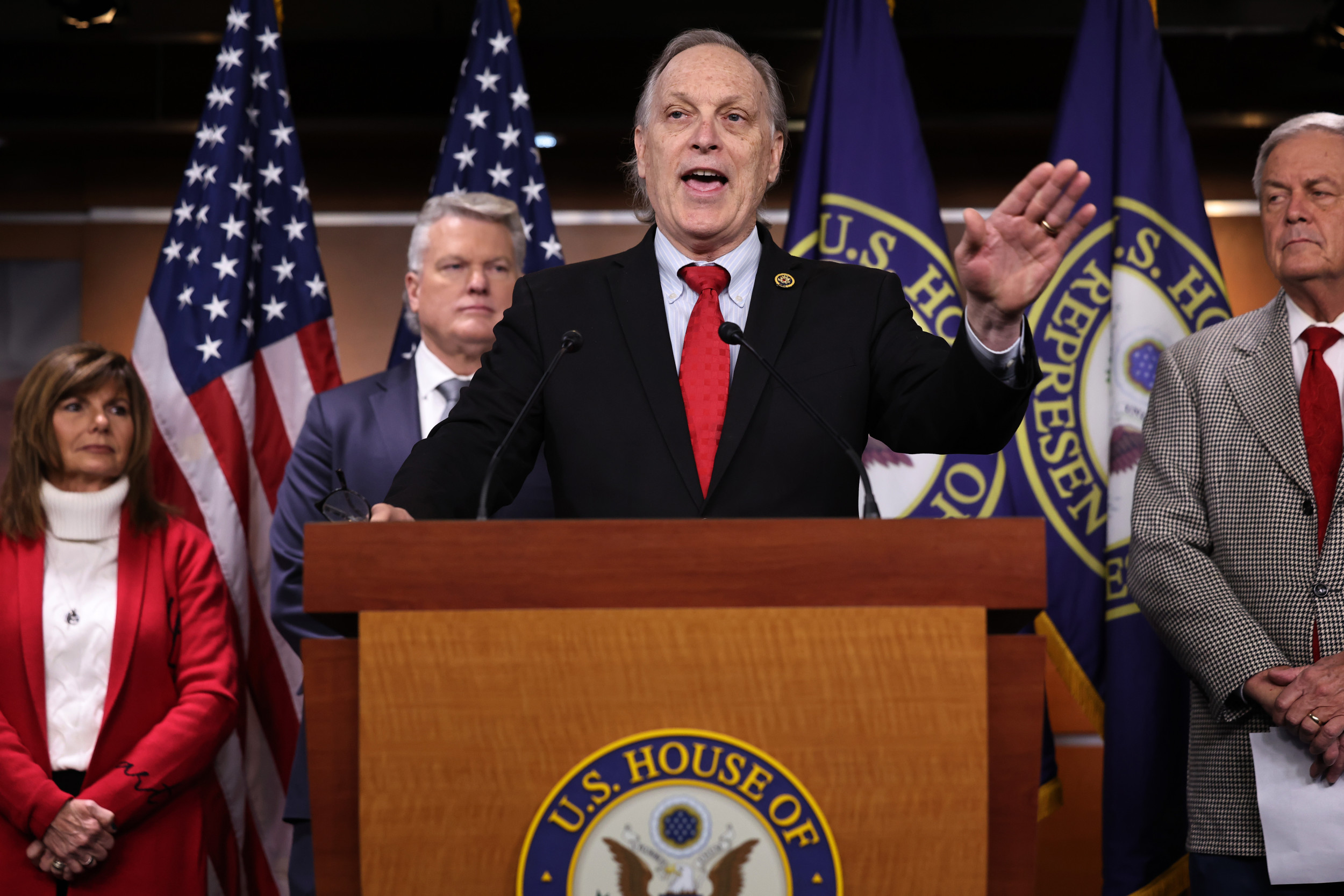For many in Europe, Vice President JD Vance's skepticism toward the continent has long been evident.
As the junior senator from Ohio, he criticized NATO spending habits, mocked EU technocrats and labeled U.S. support for Ukraine an "unsustainable indulgence." As a senate candidate, he went further, famously saying he didn't "really care what happens to Ukraine one way or another."
When President Donald Trump selected Vance as his running mate, some allies hoped the weight of the office might moderate his views.
That did not happen.
A private group chat among senior Trump administration officials on the encrypted app Signal that was inadvertently shared with The Atlantic's editor-in-chief has thrust Vance's stance on the EU back into the open.
The leaked messages revealed candid discussions about military operations and a dismissive attitude toward America's European allies. Vance, in particular, came across as consistent in his private views toward the Europeans, with one message standing out:
"I just hate bailing Europe out again."
"I fully share your loathing of European freeloading," Defense Secretary Pete Hegseth replied. "It's PATHETIC."

The chat was intended to coordinate a U.S. military strike on Houthi targets in Yemen. But the tone of the conversation laid bare the administration's deeper views on the 80-year-old transatlantic alliance, with one participant, believed to be White House adviser Stephen Miller, suggesting the U.S. should extract economic compensation from allies for restoring security in Red Sea shipping lanes that have been disrupted by the Houthis.
Newsweek reached out to the White House for comment on this story but did not immediately receive a response.
Diplomatic Meltdowns
The leak followed a combative Oval Office meeting in late February between Vance, Trump, and Ukrainian President Volodymyr Zelensky that immediately became one of the most infamous moments in the early days of the administration. What was intended as a diplomatic discussion about a minerals deal and future U.S. support quickly deteriorated into a public spectacle, with Vance lashing out at Zelensky in front of the cameras.
"You should be thanking the president for trying to bring an end to this conflict," Vance snapped, accusing the wartime leader of being insufficiently grateful.
Zelensky, for his part, didn't back down. "I'm not playing cards. I'm very serious, Mr. President. I'm the president in a war."
Trump cut in: "You're gambling with World War Three."
Vance then demanded: "Have you said 'thank you' once this entire meeting? No."
No deal was signed. A press conference was scrapped. Zelensky left visibly shaken. A senior European diplomat watching from Brussels called it "a diplomatic Chernobyl."
Weeks earlier, in early February, Vance took the stage at the Munich Security Conference to lay out his thesis on 21st century power. In his keynote address, he largely sidestepped Russia's invasion and instead delivered a sweeping condemnation of European democracy.
"The threat that concerns me most about Europe is not Russia, not China, not any other external actor," Vance said. "What concerns me is the threat from within."
The annual conference—long a symbol of transatlantic defense and security cooperation, and a platform for U.S. foreign policy figures like the late John McCain and former President Joe Biden—was stunned by Vance's remarks. His speech made headlines across the continent as he railed against what he called creeping authoritarianism cloaked in progressive ideals.
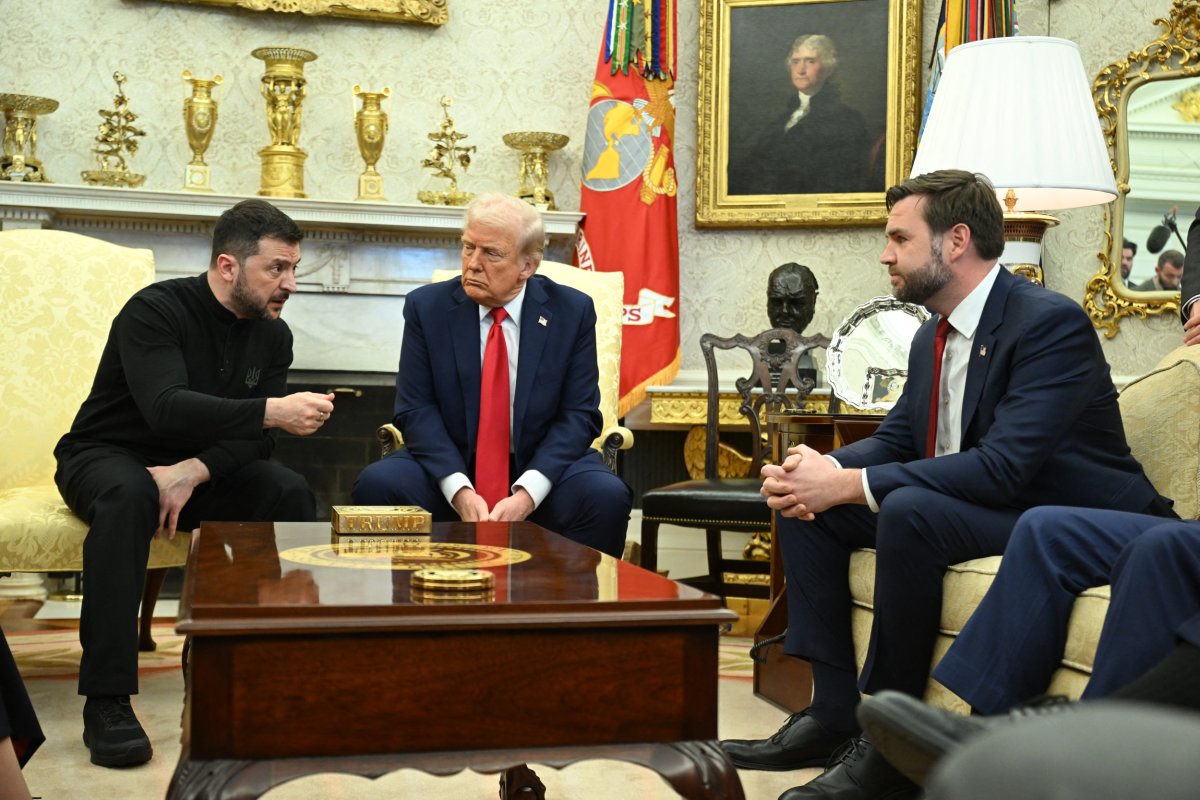
"Europe must also combat censorship, which silences dissenting voices," he said. "If you're running in fear of your own voters, there is nothing America can do for you."
In the fiery speech, Vance denounced the prosecution of a British man for silently praying outside an abortion clinic, mocked Germany for criminalizing anti-feminist speech online and blasted Sweden over the legal aftermath of Quran-burning protests. He accused European institutions of "canceling elections," referring to Romania's annulled presidential result after a Russian-linked campaign appeared to help boost a far-right candidate.
The vice president also defended Germany's far-right Alternative für Deutschland (AfD) after it was excluded from Munich's proceedings, calling on mainstream parties to "break the firewall" and engage with populist voices. Following the speech, Vance met privately with AfD leader Alice Weidel, snubbing the German chancellor.
"The Cold War was won by people who believed in liberty," Vance said. "It's not so clear what happened to some of those winners."
Le Monde described the speech as "a violent attack on European democracy." Politico called it "a wrecking ball." In Berlin, a German defense official said it "felt like he came to dismantle the alliance from the inside."
Weeks later, in an interview on Fox News, the vice president rocked the boat further, appearing to dismiss the idea of a European-led peacekeeping force in Ukraine, which the UK and France had committed to pursuing. Vance said securing peace in Ukraine was unlikely to come from "some random country that hasn't fought a war in 30 or 40 years."

Vance later called it "absurdly dishonest" to suggest he was speaking of British or French troops. Still, the dust up made for furious headlines in London, with the famously combative British press quick to point out the UK lost 636 service members in the U.S.-led wars in Iraq and Afghanistan.
A Theory on Vance's Motives
To European diplomats, none of this is surprising. Vance's views on the alliance predate his time in office. As a senator, he played a central role in the effort to kill off a Ukraine aid bill in early 2024, telling reporters: "America can't write blank checks indefinitely."
One year ago, during his first appearance at the Munich conference, Vance warned the U.S. lacked the manufacturing base to support a prolonged ground war in Europe and questioned what he called "Europe's refusal to spend," drawing criticism from European diplomats like Lithuanian Foreign Minister Gabrielus Landsbergis.
"It's not just in Ukraine's interest to have a secure Ukraine. It's European and it's transatlantic," said Landsbergis, pushing back against Vance's comments.
Former French Foreign Minister Hubert Védrine sees the shift as existential. "The Trump administration does not see allies, only dependents he considers parasites," Védrine said in an interview with Newsweek.
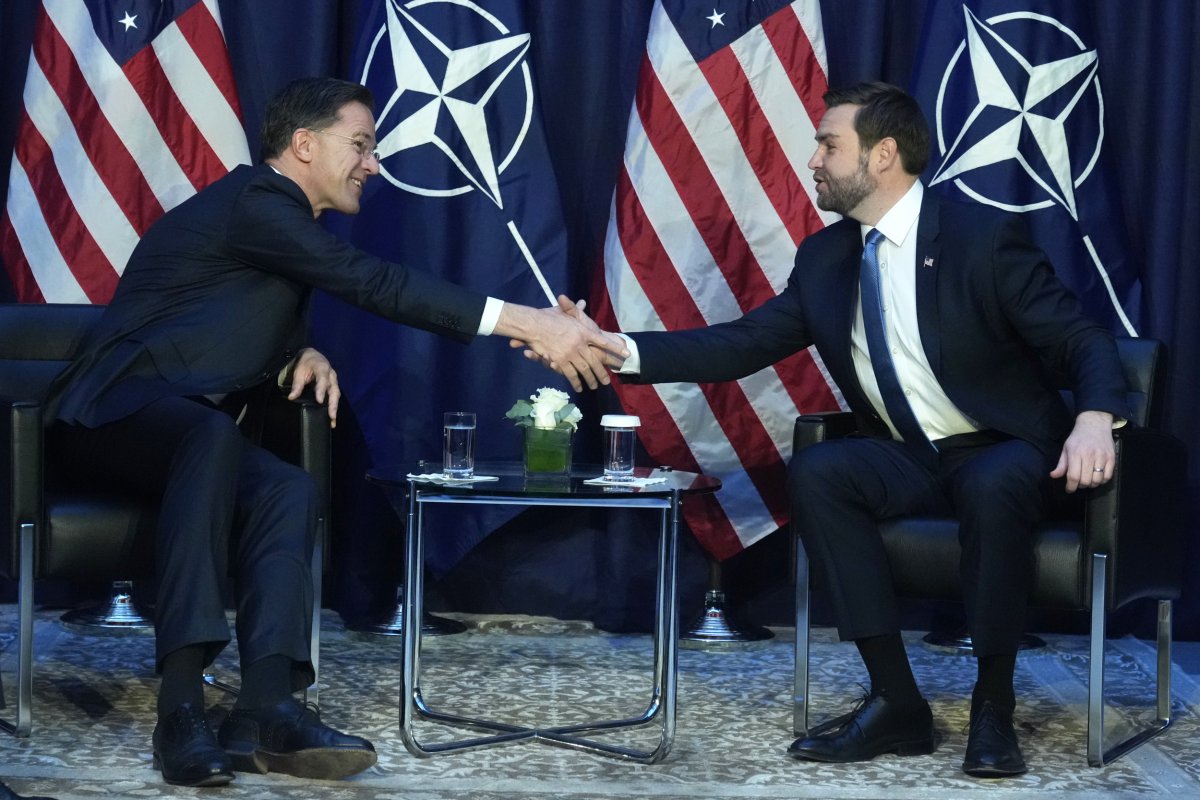
Asked whether Vance's tone—and, by extension, the U.S. stance—might push Europe toward long-overdue strategic independence, Védrine said: "There wasn't more global order under American leadership, only the structure of military dominance. Now we must decide: can we defend ourselves, or do we crumble under the idea that protection is no longer free?"
Védrine then suggested Vance's role appears intended to force clarity among U.S. allies across the Atlantic.
"His hostility to alliances is deliberate. It's rooted in the idea that foreign policy should serve a narrow domestic narrative," he said. "That makes him dangerous — but also, in a way, useful. He forces Europe to face the question it has avoided for decades."
"Only if Europe transforms into a military porcupine will it deter attacks — and maybe, eventually, rebuild a relationship with Washington on different terms," Védrine said. "But there's no guarantee."
Asked whether the current U.S. posture might fracture NATO permanently, Védrine paused: "We're already beyond fracture."
fairness meter
About the writer
Jesus is a Newsweek reporter based in New York. Originally from Bogotá, Colombia, his focus is reporting on politics, current ... Read more
